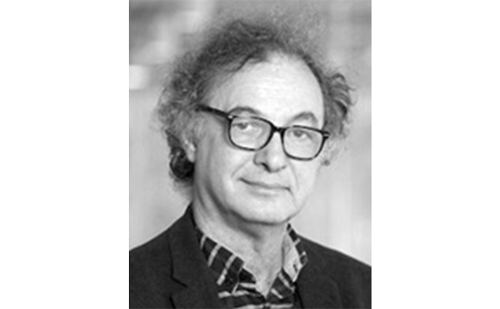Abstract
Multiple sclerosis (MS) is a heterogeneous condition that presents with a large variety of symptoms. While motor functions including coordination, gait and walking ability are clearly visible to clinicians upon examination, several physical and cognitive disabilities associated with MS are less apparent and are easily missed by clinicians, including MS specialists. These are sometimes termed hidden disabilities and are often overlooked because patients do not mention them in consultations, either because they are embarrassed, do not want to disappoint their family and therefore do not mention the symptoms, or they have not linked the symptoms to their disease. Hidden disabilities in MS include cognition and memory impairment, depression, anxiety and pseudobulbar affect, pain, fatigue, sleep disorders, bowel, bladder and sexual dysfunctions, osteopenia and osteoporosis. These disabilities are associated with a reduced quality of life in patients, their families and caregivers, and affect the ability of patients to function in everyday life. Pharmacological treatments and other interventions are available to manage these symptoms; however, the effectiveness of these interventions in MS is variable. There is need for greater recognition and further research into therapeutic options to reduce the burden of hidden disabilitiesin MS.
To view the full article in PDF or eBook formats, please click on the icons above.













